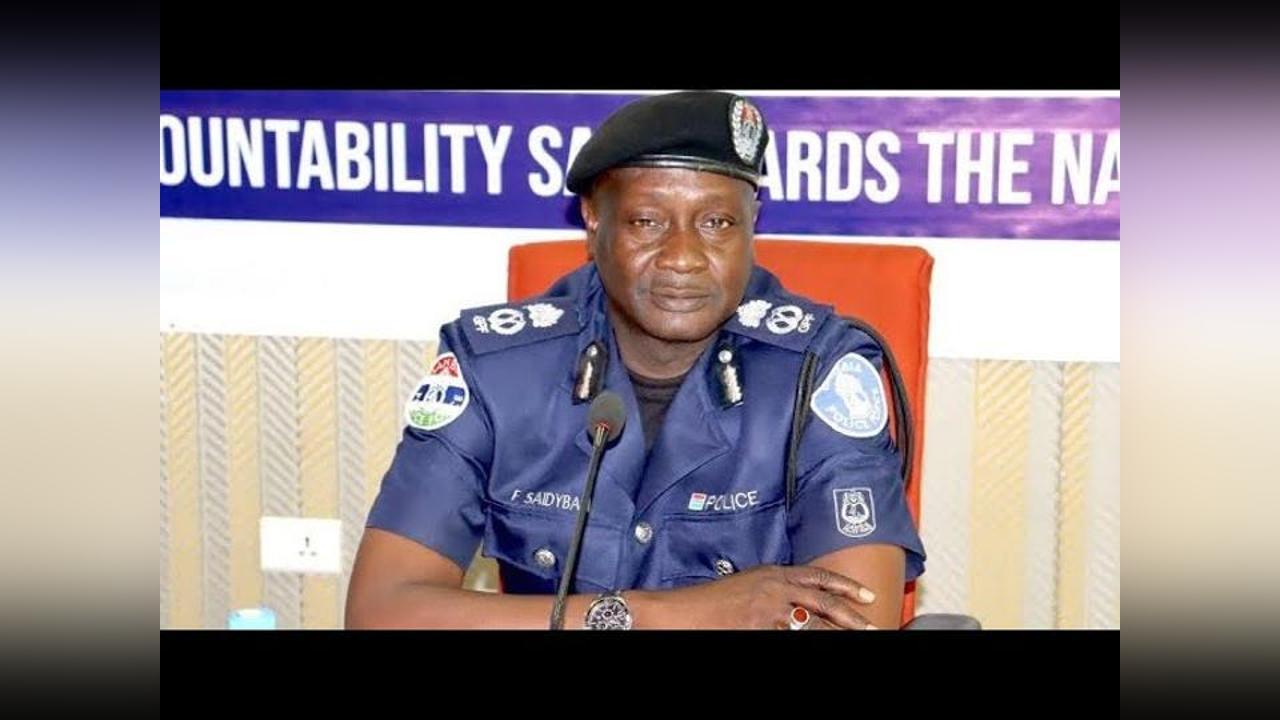Africa-Press – Gambia. Nfamara Saidy Bah, Vehicle Controller at the State House, on Monday testified before the National Assembly Special Committee investigating the sale and disposal of assets belonging to former President Yahya Jammeh. His testimony focused on the recovery and distribution of vehicles linked to the former head of state.
During the session, Bah was shown a letter addressed to him by Mamadi Kurang, former secretary to the Janneh Commission, regarding the commission’s decision on tractors and a request for a meeting with him and his deputy. He confirmed receiving three summonses from the commission, instructing him to submit documents and records.
Lead Counsel Lamin Dibba asked Bah to explain how instructions for the recovery of Jammeh’s vehicles were issued.
“After the impasse, in February, I was called by the then IGP Yankuba Sonko; we had a meeting at the mobile police station. I met the IGP, and other police officers met me there. The IGP said he had been directed by the then Secretary General Dawda Fadera and the Minister of Finance Amadou Sanneh and had been instructed to provide a team that would go round Kanilai and all other places that have been occupied by the former president to take an inventory of all the vehicles that have been left there,” Bah testified.
The witness testified that on Monday, they assembled at the Mobile Police Unit before proceeding to Kanilai. Upon arrival, they met Major Alieu Sowe, who had been in charge of the premises since former President Jammeh’s time.
According to the witness, Major Sowe contacted members of Jammeh’s family, who arrived with some villagers. The family initially refused to cooperate, insisting that they needed to consult the former president. The witness recounted that Jammeh’s elder brother placed a call to him and spoke in Jola before handing the phone to Major Sowe. After Sowe’s conversation with Jammeh, the phone was passed to the witness, who explained the purpose of their visit directly to the former president.
He stated that following this discussion, Jammeh granted permission for them to take an inventory of the vehicles in Kanilai. They later proceeded to Kotu, where Jammeh’s mother resided, to record vehicles located there, as well as in other locations where collections were made.
The witness further explained that after compiling the inventories, a report was prepared and submitted to the then Inspector General of Police (IGP). He detailed the number and brands of vehicles recovered from the different locations, noting that the vehicles were subsequently transported to the Office of the President. From there, they were assigned by the then Secretary General to various individuals.
When questioned, the witness was also asked whether Jammeh’s Rolls-Royce vehicles were classified as government property at the time.
“I may not be able to establish whether they are government-owned or they are not government owned,” The witness said.
The witness stated that he only saw the vehicles in the same manner as others did, and could not determine whether they were privately owned by former President Jammeh or belonged to the government.
Counsel Dibba asked, “As a vehicle controller, wouldn’t that be your job to ascertain that a vehicle is government-owned or not?”
The witness replied, “Who should I ask? The president?
Counsel Dibba advised that he should have sought clarification from the appropriate authorities. The witness, however, maintained that the only person he could consult was the President, as the vehicles were delivered by drivers personally inspected by Jammeh himself.
He further explained that his role was limited to registering only those vehicles that were specifically brought to his attention.
When asked whether he was present during the commission’s sale of vehicles, excluding tractors, he confirmed:
“Yes, I was.”
The witness noted that the auctions were attended by several individuals, including Mamadi Kurang, former secretary to the Janneh Commission, as well as members of the general public.
He also disclosed that he personally purchased a vehicle from the auction—a pickup truck classified as scrap by the evaluator.
Counsel Dibba inquired: “What type of vehicle was your pickup?”
“It is a Toyota Land Cruiser pickup,” the witness responded.
He added that he acquired it for D20,000. “I bought the pickup for D20,000,” He said.
For More News And Analysis About Gambia Follow Africa-Press






